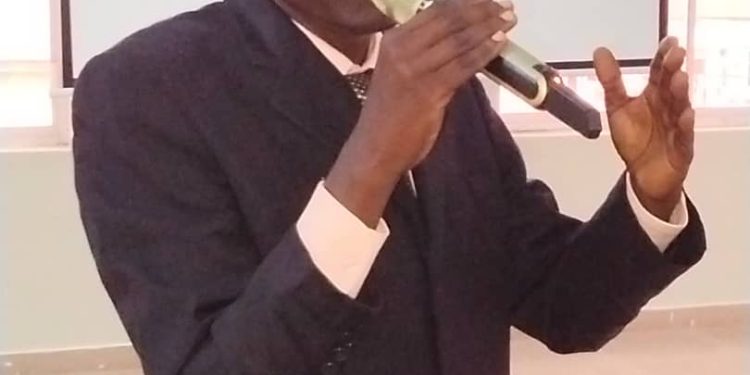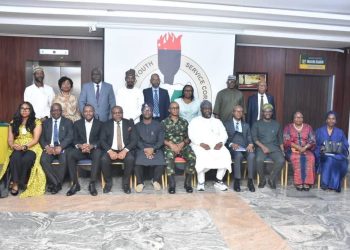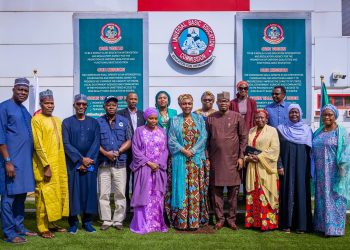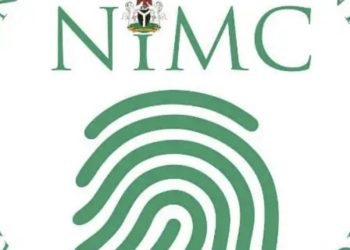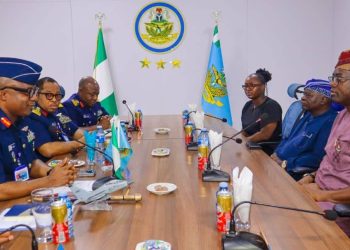By Nkechi Eze
The Fiscal Responsibility Commission (FRC) has reaffirmed its commitment to promoting fiscal discipline, transparency, and prudent financial management at the grassroots level through the provision of technical support to local governments across Nigeria.
In an official statement signed by the Commission’s Deputy Director of Strategic Communications, Bede Anyanwu, the assurance was given by the Deputy Director, Policy and Standards Directorate, Mr. Ado Hassan, who represented the Executive Chairman of the Commission, Victor Muruako, Esq., at a capacity-building workshop organized for Local Government Areas in Adamawa State. The event was held at the American University of Nigeria (AUN), Yola.
Speaking during the workshop, Mr. Hassan emphasized that the Commission remains resolute in ensuring that funds released to local governments are utilized transparently and accountably in strict adherence to the Fiscal Responsibility Act (FRA) 2007. He noted that the FRC’s technical guidance to local councils is aimed at ensuring compliance with fiscal regulations while enhancing their capacity to deliver quality public services.
“The Fiscal Responsibility Commission remains committed to working with subnational governments, particularly at the local level, to entrench fiscal discipline and promote the effective utilization of resources for sustainable development,” Hassan stated.
He explained that fiscal prudence at the local government level is critical to achieving national development objectives, as local councils play a pivotal role in delivering essential services that directly impact citizens’ lives. He added that the Commission’s engagement with local authorities aligns with its statutory mandate to promote efficient and accountable management of public resources across all tiers of government.
The workshop, which brought together representatives from government institutions, academia, and civil society organizations, reflected a multi-stakeholder approach to strengthening governance and accountability in the local government system.
Technical presentations were delivered by sister agencies and organizations, including the Independent Corrupt Practices and Other Related Offences Commission (ICPC), the Rule of Law and Anti-Corruption (RoLAC) Programme, the Bureau of Public Procurement (BPP), the Code of Conduct Bureau (CCB), and the Federal Ministry of Justice.
A key highlight of the event was the presentation of the Local Government Accountability Framework (LGAF) for Local Governments in Nigeria by Dr. Umar Yakubu, Executive Director of the Centre for Fiscal Transparency and Integrity Watch (CeFTIW). Dr. Yakubu explained that the framework serves as a practical guide to help local governments strengthen accountability mechanisms, ensure the efficient use of public funds, and build citizens’ confidence in governance.
He noted that the framework is expected to enhance fiscal transparency at the local level and complement ongoing national reforms aimed at improving governance and service delivery in Nigeria’s 774 local government areas.
By bringing together multiple oversight and regulatory institutions, the workshop underscored the shared responsibility of all stakeholders in deepening transparency and accountability at the grassroots.
The initiative aligns with the Fiscal Responsibility Commission’s broader strategy to build institutional capacity for effective public financial management across all tiers of government, thereby advancing Nigeria’s pursuit of fiscal sustainability, good governance, and inclusive development.


